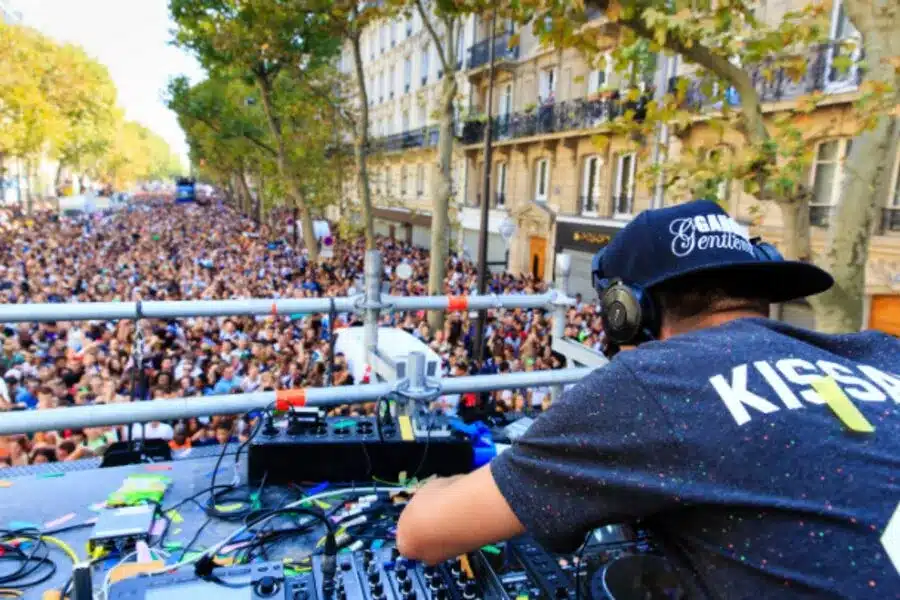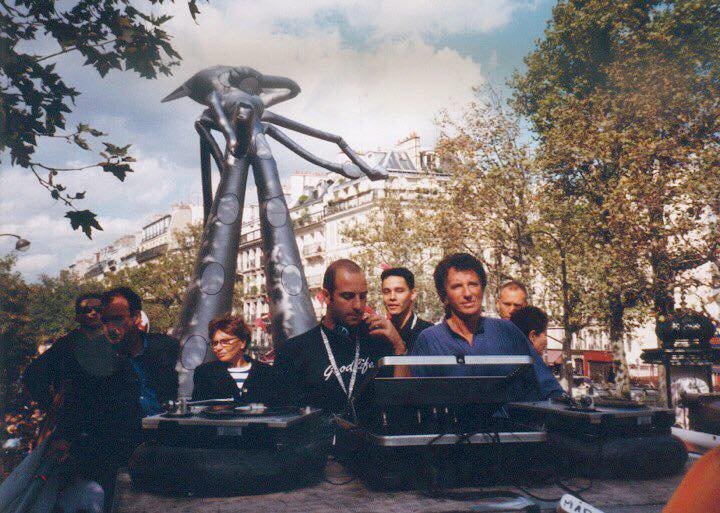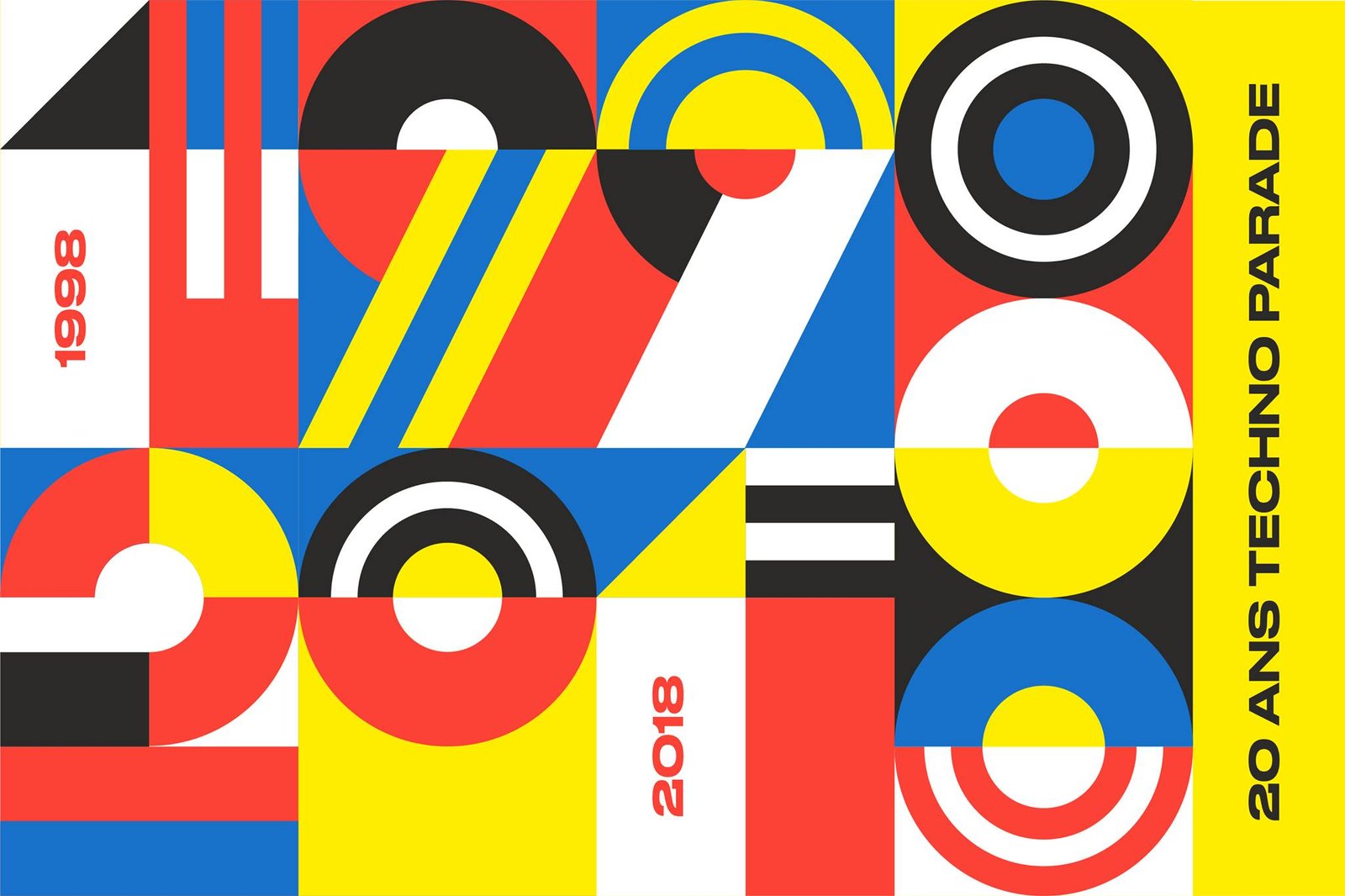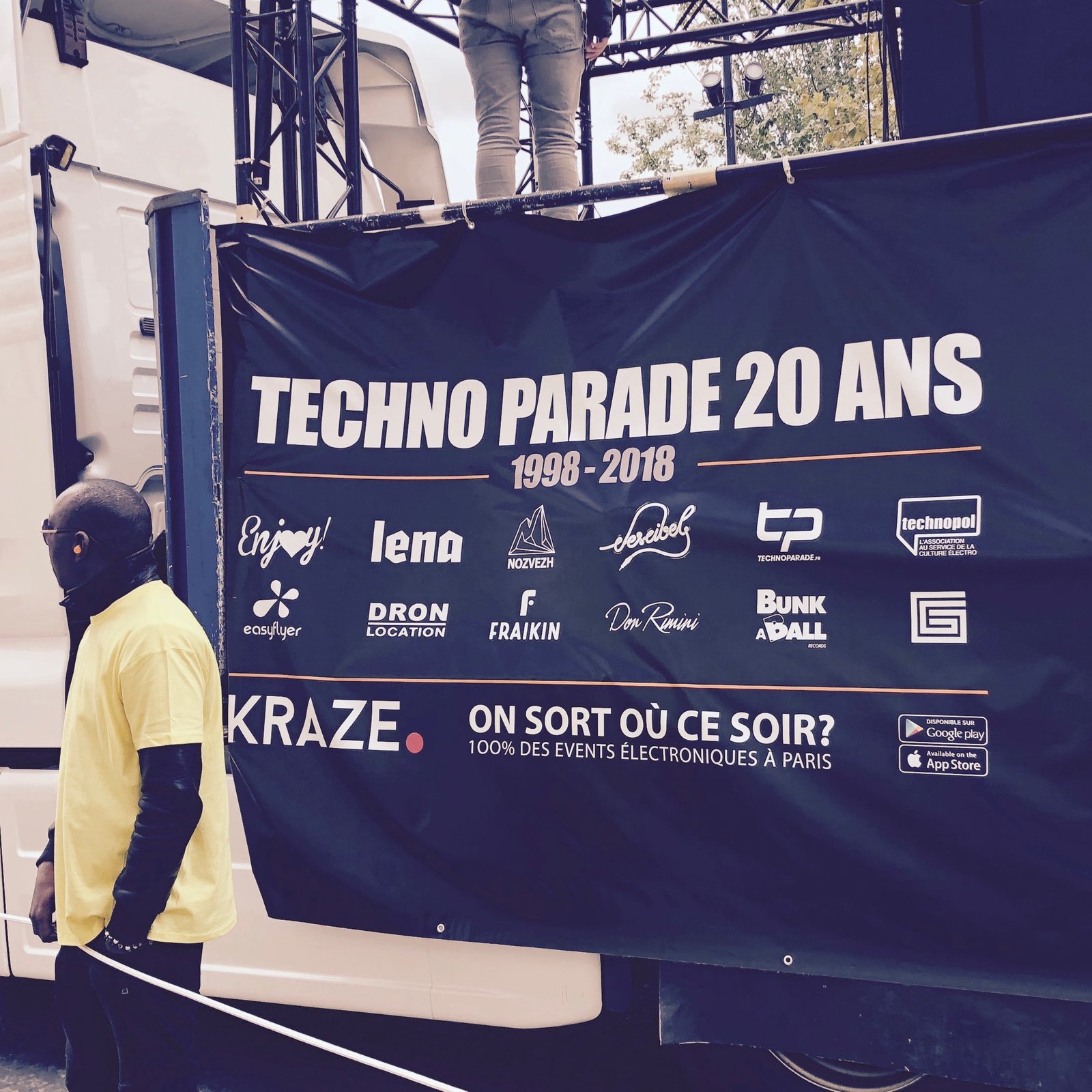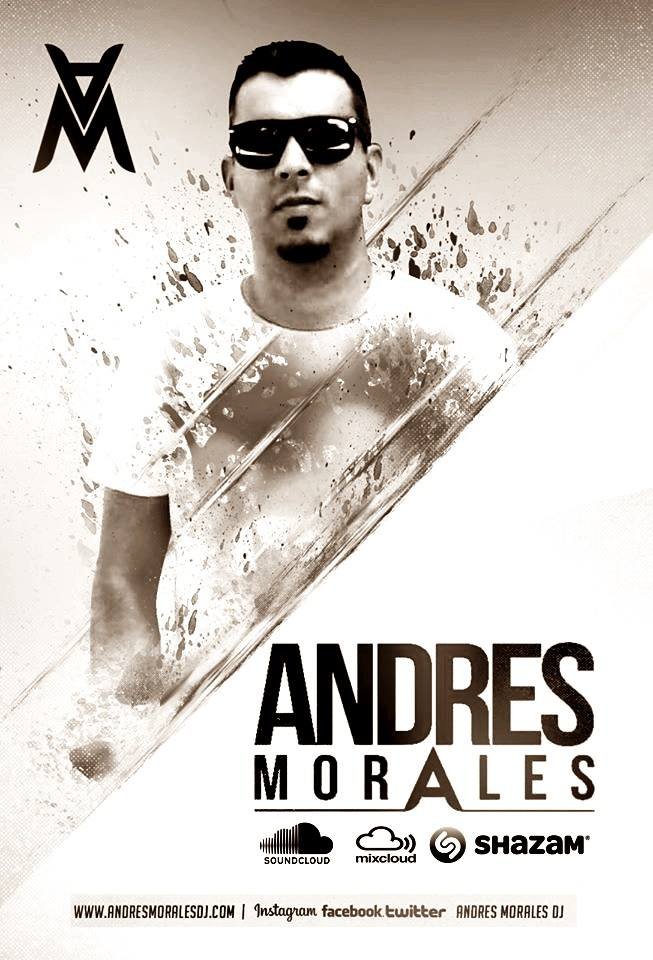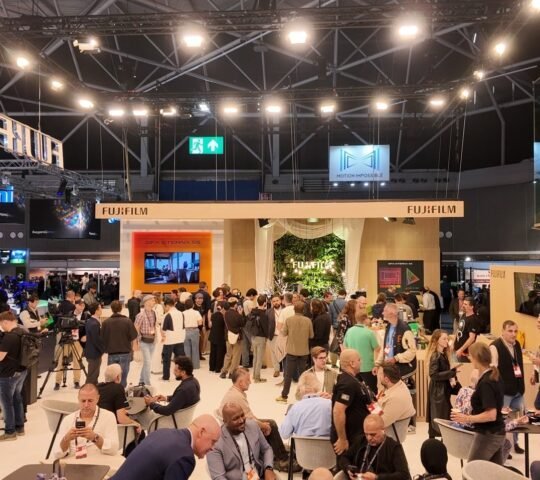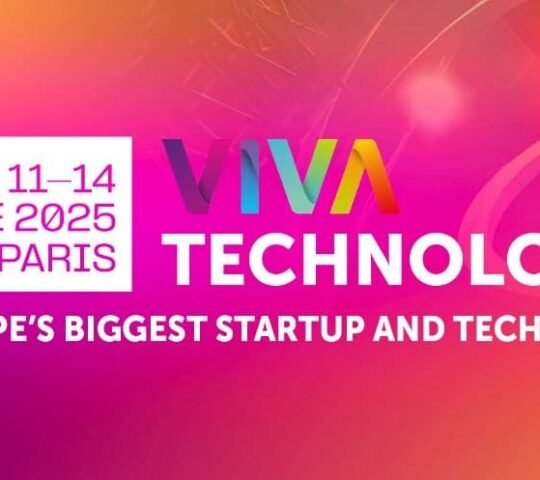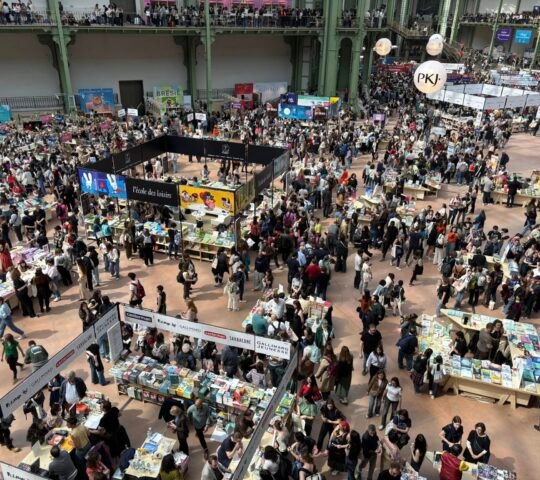Paris Techno Parade – France 2026
Background & History
- Origins and Founding: The Techno Parade was conceived in 1998 by French electronic music association Technopol, inspired by Berlin’s Love Parade, to mark the 150th anniversary of the French Revolution. It was officially launched on September 19, 1998, on the initiative of Jack Lang, former French Minister of Culture, who drew from his experience at the 1997 Love Parade in Berlin.
- Early Development: The precursor event occurred in September 1997, organized by Radio FG and techno enthusiasts, gathering 400 people with four floats parading through Paris. The 1998 edition was an immediate success, attracting 200,000 participants and establishing it as a platform to promote and de-demonize electronic music culture, which faced prejudices at the time.
- Evolution and Growth: Taken over by Technopol, the parade has grown into France’s largest popular electro event, drawing 350,000–400,000 attendees annually. It expanded from a simple street party to a major cultural phenomenon, featuring international DJs and floats from global labels, organizers, and collectives.
- Cultural Significance: The Techno Parade celebrates electronic music’s diversity (techno, house, trance, drum’n’bass, hardcore) and advocates for its recognition. It promotes freedom of expression, fights repression against free parties, and highlights societal issues like event regulations and cultural funding. In 2023, it marked its 25th anniversary, aligning with UNESCO’s recognition of French Touch as intangible heritage.
- Challenges and Cancellations: Editions in 2024 (due to Paris Olympics) and 2025 (financial difficulties, lack of private partners) were cancelled, prompting a rethink of the funding model. Organizers are working with public/private partners for a “renewed and ambitious” 2026 edition.
- Legacy and Impact: Over 25 years, it has featured artists like Bob Sinclar, Laurent Garnier, Jeff Mills, and emerging talents, influencing Paris’s nightlife and electronic scene. It embodies the “French Touch” and serves as a media platform for demands like better support for provincial electronic music development.
Event Highlights
- Main Activities or Performances:
- A six-hour participatory parade starting at noon, with 12–20 sound trucks (floats or “lovemobiles”) blasting electronic music through massive speakers and amplifiers, featuring live DJ sets and performances from national/international artists.
- Floats represent labels, collectives, and organizers (e.g., past ones like Crazy Tiger, Family Piknik, Fun Radio, Haribo, Heretik System, NoGender, Paname Vision, Plein Phare, Projet44, Rock the Beat, SACEM x ADAMI, Sœurs Malsaines x La Vagabonde, Technopol x Konbini, Tomorrow Dreams, Vahana Records x Welcome).
- Eclectic music mix including techno, house, trance, electro, drum’n’bass, hardtek, and hardcore, with past highlights like Maud Geffray, Dimmi, Popof in 2023.
- Special Traditions or Features:
- Floats are flatbed trucks with sound systems and generators, less decorated than carnival floats but equipped for high-volume music; no fireworks or sweets-throwing, but confetti and foam spraying from vehicles onto crowds.
- Participants climb high points (e.g., statues, buildings) to dance, creating chaotic, euphoric energy; the parade ends with informal after-parties in nightclubs.
- Advocacy elements: Past editions addressed issues like the “Collomb circular” (event regulations), equipment seizures at free parties, and calls for economic support for electronic music outside Paris.
- Integration with Paris Electronic Week: Includes workshops, conferences, DJ classes, and round tables on electronic culture.
- Unique Attractions for Visitors:
- Street partying in daylight along iconic Paris avenues, blending music with urban sightseeing (near Notre-Dame, Louvre, Bastille).
- Diverse crowd of 350,000+ creating a massive, inclusive party atmosphere; opportunities for spontaneous dancing and interaction with floats.
- Post-parade after-parties, e.g., 2023’s two-day Family Piknik at La Villette with additional DJ sets.
Date & Duration
- Dates: September 2026 (exact date TBD; historically mid-to-late September, e.g., September 23, 2023; expect similar weekend timing).
- Duration: 1 day, approximately 6 hours (from 12:00 noon to evening).
Venue / Location
- City: Paris, France (75 Paris), covering central arrondissements like the 4th, 5th, and 11th.
- Main Venue: Street parade route through “Tout Paris,” starting typically at Place de la Bastille or Rue Keller (11th arrondissement, opposite Le Centre LGBT Paris-Île-de-France), ending at Place de la Nation or Île aux Cygnes.
- Notable Areas:
- Route highlights: Boulevard Beaumarchais, Boulevard des Filles du Calvaire, Boulevard du Temple, Place de la République, Boulevard Voltaire.
- Key landmarks along the way: Near Notre-Dame, Luxembourg Gardens, Louvre, Bastille Opera, and historic avenues.
- After-parties often at venues like La Villette (e.g., Family Piknik) or nightclubs in the Marais or Oberkampf districts.
- Google Maps Address: Starting point (historical): Place de la Bastille, 75011 Paris, France (search “Techno Parade Paris route” for updates closer to event).
Ticket Information
- How Tickets Are Sold:
- No formal ticketing required; the parade is a free, open-access street event.
- After-parties and related Electronic Week events may require separate tickets via platforms like official site or partners (e.g., for La Villette afters).
- No advance booking; arrive early for best spots along the route.
- Admission Type: Free for all ages (all public), though some after-parties may have age restrictions (18+).
- Ticket Pricing (USD):
- Minimum Price: $0 USD (free entry to parade).
- Maximum Price: $0 USD for main event; after-party tickets historically $20–$50 USD (e.g., €18–€45, converted at 1 USD ≈ 0.88 EUR), depending on venue.
- No service fees for parade; afters may include fees via online sales.
- Special Seating or VIP Options:
- No seating; standing/spectator event along streets—best views from sidewalks or high points.
- VIP access limited to float participants or organizers; some after-parties offer priority entry or lounge areas (~$50–$100 USD extra).
- Accessible viewing for disabled attendees via designated zones (contact organizers); family-friendly but high-energy crowd.
Contact Information
- Email: technoparade@technopol.net (general inquiries); info@technopol.net for Technopol association.
- Phone: Not specified; contact via email or social media for updates.
- Website: https://www.technoparade.fr/
- Social Media: @technoparade (Instagram, Facebook); @technoparade (Twitter/X); Techno Parade official Facebook page with 72,000+ followers for announcements.
- Key Staff: Organized by Technopol association (president Tommy Vaudecrane); co-founder Jack Lang (former Minister of Culture).
- Press/Volunteers: Email presse@technopol.net for press; volunteer applications via website (roles include float support, logistics; open early 2026).
- Note: Response time ~48–72 hours. English/French support; monitor for 2026 updates as event is under redesign.
Cultural Experience
- Traditions:
- Annual mid-September timing to leverage good weather, transforming Paris streets into a massive outdoor rave; floats parade without elaborate decorations, focusing on sound systems for immersive audio.
- Participatory ethos: Crowds join the procession, dancing freely; no horse-drawn elements for safety amid noise.
- Music:
- Electronic genres dominate: Techno, house, trance, electro, drum’n’bass, hardtek, hardcore; 150+ performers on floats and along route, mixing established (e.g., Jeff Mills) and emerging DJs.
- High-decibel sound from truck-mounted speakers creates a visceral, pulsating experience; diverse styles reflect global electronic influences.
- Costumes:
- Casual, festival attire: Neon, glow sticks, futuristic outfits, clubwear; many wear themed accessories like LED lights or French Touch-inspired graphics.
- Performers on floats often in bold, electronic-themed costumes (e.g., metallic, cyberpunk); crowds add personal flair with face paint or raves gear.
- Local Customs:
- Inclusive, all-ages vibe promoting electronic culture’s accessibility; respect for Parisian streets—minimal littering encouraged via eco-initiatives.
- Blends with Paris’s urban life: Parade near historic sites, fostering dialogue on music’s role in society; evening transitions to club scene in areas like Bastille or République.
Food & Drinks
- Must-Try Specialties:
- Crêpes: Savory (galettes) with ham/cheese or sweet varieties, from street vendors along the route (~$4–$7 USD).
- Croque-Monsieur: Grilled ham/cheese sandwich, quick grab from cafés near Bastille (~$5–$8 USD).
- Merguez Sandwich: Spicy North African sausage in baguette, popular at food trucks (~$6–$9 USD).
- Macarons or Éclairs: Parisian pastries from nearby patisseries like Ladurée (~$3–$6 USD each).
- Pastis or Wine: Anise-flavored aperitif or local rosé, from bars (~$4–$7 USD/glass).
- Event-Specific Offerings:
- Street food trucks along the route offer international options: Falafel, kebabs, burgers, vegan wraps (~$5–$10 USD).
- Festival bars or pop-ups serve beers (e.g., Kronenbourg), cocktails, and non-alcoholic drinks; after-parties at La Villette feature food trucks with global street food.
- Eco-focus: Reusable cups encouraged; nearby markets like Marché Bastille (if open) for fresh produce.
Getting There
- Nearest Airports:
- Paris Charles de Gaulle (CDG), 30 km north, ~45–60 min by RER B train (~$13 USD) or taxi (~$55–$77 USD).
- Paris Orly (ORY), 20 km south, ~30–45 min by Orlybus or taxi (~$44–$66 USD).
- Public Transport:
- Metro: Lines 1, 5, 8 to Bastille (start); lines 2, 9 to Nation (end); other stations: Cité (line 4), Cluny-La Sorbonne (line 10/RER B), Saint-Michel Notre-Dame (RER B/C), Châtelet-Les Halles (lines 1/4/7/11/14), Notre-Dame – Quai de Montebello (line 10).
- RER: B/C lines for central access; avoid during peak parade hours due to closures (e.g., Denfert-Rochereau in past).
- Bus: Lines 20, 29, 38, 46, 56, 65 along route; use Citymapper app for real-time.
- Bike/Walking: Vélib’ bikes (~$2 USD/30 min); route is walkable in central Paris.
- Parking:
- Limited street parking; use public lots like Notre-Dame (6 Rue de la Cité, 75004 Paris) or Lutèce (3 Boulevard du Palais, 75001 Paris) (~$22–$33 USD/day).
- Book via Parclick or Indigo; avoid driving—traffic chaos during event; car-free day overlaps possible (historically mid-September).
- Taxis/Rideshare: Uber/Bolt plentiful (~$11–$22 USD short rides); airport shuttles available; expect delays near route.
Accommodation Options
- Luxury Hotels:
- Hôtel de Crillon (near Place de la Concorde, 8th arr.), ~$1,000–$2,000 USD/night, historic elegance with spa.
- Shangri-La Paris (near Eiffel Tower, 16th arr.), ~$800–$1,500 USD/night, views and Michelin dining.
- Mid-Range Hotels:
- Hôtel du Jeu de Paume (near Notre-Dame, 4th arr.), ~$300–$500 USD/night, boutique near route start.
- Novotel Paris Centre Tour Eiffel (7th arr.), ~$200–$350 USD/night, family-friendly with metro access.
- CitizenM Paris Gare de Lyon (12th arr.), ~$150–$250 USD/night, modern pods near Bastille.
- Budget Options:
- Hostel Beaubourg (3rd arr.), ~$30–$60 USD/night for dorms, central to République.
- MIJE Fauconnier Youth Hostel (4th arr., near Île Saint-Louis), ~$40–$80 USD/night, historic building.
- Airbnb apartments in Marais (3rd/4th arr.), ~$100–$200 USD/night, kitchens for groups.
- Unique Options:
- Houseboats on Seine (near route end), ~$200–$400 USD/night via SamBoat.
- Boutique stays like Hôtel Caron de Beaumarchais (4th arr.), ~$150–$250 USD/night, 18th-century charm.
- Booking Tips:
- Book 6–12 months ahead via Booking.com or Airbnb; focus on 4th/11th arrondissements for proximity to route.
- September high season—prices rise; opt for metro-accessible spots (lines 1/8); check for parade-view rooms.
Maps
Contact
Video
FAQ's
What is the Techno Parade Paris 2026?
A free, one-day electronic music parade in September 2026, featuring 12–20 sound floats with DJs playing techno/house, attracting 350,000+ participants to promote electro culture; organized by Technopol since 1998.
When and where is Techno Parade 2026 held?
Mid-to-late September 2026 (TBD, e.g., around September 23); starts at Place de la Bastille (11th arr.), route through Boulevard Beaumarchais, Place de la République, to Place de la Nation; free street event across central Paris.
Why were 2024 and 2025 editions cancelled?
2024 due to Paris Olympics logistics; 2025 for financial reasons (lack of private partners). Organizers are redesigning for a "renewed" 2026 with new funding model and UNESCO French Touch recognition.
How much are tickets for Techno Parade 2026?
Free for the parade ($0 USD); after-parties ~$20–$50 USD. No tickets needed—arrive early; monitor technoparade.fr for afters details.
Are there free events or after-parties?
Parade is free/all-ages; after-parties (e.g., at La Villette) may charge but some unofficial club nights are free. Electronic Week offers free workshops/conferences.

